10 Questions You Must Ask Your Mortgage Pro (Even If You’re Not Ready To Buy a Home)
Buying a home is one of the biggest financial moves most people will ever make. But what many don’t realize is that success starts long before you ever tour a house or fill out a mortgage application.
If you’re thinking about buying a home someday—even if that day feels far off—now is the perfect time to start having conversations that set you up for long-term success.
We work with first-time buyers, repeat buyers, and people who just want to know if buying is even possible in today’s market. And the truth is, the earlier you start learning, the more confident and prepared you’ll be when the time comes to make your move.
Here are 10 important questions you should ask a mortgage pro—even if you’re not ready to buy yet.
1. What credit score do I need to qualify for a mortgage?
Different loan programs have different score requirements, and your credit affects your interest rate. Knowing where you stand now gives you time to improve it and unlock better terms.
💡First Time Homebuyer Tip: Check your credit early and monitor it regularly. Use free tools like Credit Karma or your bank’s credit tracker. If your score is below 640, start by paying down debt and making every payment on time.
2. How much do I need for a down payment?
You don’t always need 20%. Some programs offer options as low as 3% down. We’ll help you understand your options based on your income, savings, and long-term goals.
💡First Time Homebuyer Tip: You don’t need 20%! Many first-time buyers qualify for FHA loans with as little as 3.5% down—or even 3% with conventional options. Start saving with a target number in mind, but don’t let myths hold you back
3. What are interest rates like right now—and where are they headed?
Rates can change quickly. Even if you’re not applying today, it’s helpful to understand current trends and how they impact affordability. As of early April, the average 30-year fixed mortgage rate stabilized around 6.64%. Notably, President Trump's announcement of new tariffs led to a significant drop in Treasury yields, which in turn contributed to the decrease in mortgage rates. However, these tariffs are also expected to raise construction costs by approximately $9,200 per home, potentially offsetting the benefits of lower mortgage rates for prospective buyers.
Looking Ahead
Forecasts suggest that mortgage rates may continue to decline gradually. Fannie Mae projects rates to end 2025 at around 6.3% and 2026 at 6.2%. Nevertheless, ongoing economic developments, including trade policies and Federal Reserve actions, will play crucial roles in shaping future rate movements.Fannie Mae
In summary, while mortgage rates have shown a declining trend since January 2025, external factors such as trade tariffs and construction costs introduce complexities that prospective homebuyers should consider when evaluating the housing market.
💡First Time Homebuyer Tip: Focus on what you can control—like your credit score and debt. Even in higher-rate environments, a clean financial profile can help you qualify for better terms than the average borrower.
4. What loan programs may I qualify for?
FHA, VA, conventional, jumbo—each loan type has pros and cons. We’ll look at your situation and guide you toward the best fit.
💡First Time Homebuyer Tip: Not all loan programs are created equal. FHA loans are popular for first-time buyers with limited credit or savings, while conventional loans may offer better terms for stronger borrowers. Let your lender explain the pros and cons based on your situation.
5. Are there any first-time homebuyer’s assistance options available?
Many buyers are surprised to learn they qualify for grants, tax credits, or special financing. You won’t know unless you ask. FHA loans are a popular option for first-time homebuyers—and for good reason. They offer lower credit score requirements and down payments as low as 3.5%, making homeownership more accessible for many people. But what most buyers don’t realize is that FHA isn’t the only option. In addition to FHA, there are a wide range of first-time homebuyer programs out there—including down payment assistance, grants, and local/state programs that can significantly reduce upfront costs. These programs are often income- or location-based, and many buyers are surprised to find out they qualify. Before you assume you can’t afford to buy, let’s talk. You might be closer than you think.
💡First Time Homebuyer Tip: Look into local, state, or city-specific programs that offer grants or forgivable loans. Many of these are underutilized because buyers don’t know they exist—ask early and don’t be shy.
6. What would my monthly mortgage payment actually look like?
When you're budgeting for a home, it's important to look beyond just the loan amount. Your monthly payment will typically include principal, interest, property taxes, homeowners insurance, and—depending on your loan type—mortgage insurance or HOA fees. Getting a full breakdown from your lender helps you understand the true cost of owning the home each month, not just the number you see on a calculator.
Let’s say you’re buying a $500,000 home with a 3.5% down payment using an FHA loan. That means:
Down payment = $17,500
Loan amount = $482,500
Interest rate (example) = 6.5%
FHA mortgage insurance = required upfront and monthly
Here’s a rough breakdown of your monthly payment:
Principal & Interest: ~$3,050
Property Taxes: ~$520 (varies by location)
Homeowners Insurance: ~$120
FHA Mortgage Insurance: ~$335
Estimated Total Monthly Payment: ~$4,025
⚠️ Keep in mind: this is an estimate. Your actual payment depends on your interest rate, tax rate, and insurance costs in your area.
Want to run the numbers on a home you're looking at? Send us a quick email or let’s book a time to talk—I'll help you break it down clearly.
💡First Time Homebuyer Tip: Don’t just estimate your payment using a home price calculator online—get a real breakdown that includes taxes, insurance, and HOA dues if applicable. Your monthly payment should fit your lifestyle, not just your loan approval.
7. How much will I be able to afford, not just qualify for?
Great question, especially since having a realistic budget is key to your financial success. Getting approved for a certain amount doesn’t always mean it’s the right fit for your lifestyle. We’ll help you find a price range that feels realistic, sustainable, and aligned with your financial goals.
💡First Time Homebuyer Tip: Just because you qualify for $600K doesn’t mean you need to spend it. Think long term—will you be comfortable with that payment if your expenses go up or if your job changes?
8. What documents should I be gathering now?
Having your financial paperwork ready makes the process way smoother later. Start collecting pay stubs, W-2s, bank statements, and tax returns early so that they are ready to be sent over to the underwriter when needed.
💡First Time Homebuyer Tip: Create a digital folder with your last 2 years of tax returns, W-2s, pay stubs, and bank statements. Keeping everything in one place will save you major time during pre-approval.
9. How will things like student loans or car payments affect my ability to buy?
We’ll review your debt-to-income ratio and talk about how your current financial commitments might affect your loan options. Want to know the 5 most common mistakes people make when applying for a home loan? Check out this article.
💡First Time Homebuyer Tip: Don’t assume student loans disqualify you. Lenders consider your debt-to-income ratio, not just the loan amount. In many cases, manageable payments won’t stand in your way.
10. How long does the mortgage process usually take?
The full process—from pre-approval to keys in hand—typically takes about 30 to 45 days once you're under contract. But that timeline can vary based on several factors, especially what comes up during escrow.
If the seller accepts your offer quickly and there are no major issues, things can move smoothly. However, delays can happen if there are contingencies like home inspections, appraisals, or loan approval deadlines that need to be met. If the home inspection uncovers repairs, for example, that could lead to back-and-forth negotiations—or even push out the close date while repairs are completed or credits are arranged.
Your lender will also be coordinating with the title company, underwriters, and insurance providers to make sure everything is in order before closing. The more prepared you are upfront—with your documents, budget, and expectations—the easier and faster the process will be.
💡First Time Homebuyer Tip: From pre-approval to keys in hand, expect 30–45 days. But the earlier you prep your finances and documents, the smoother and quicker the process will go when you’re ready to make an offer.





